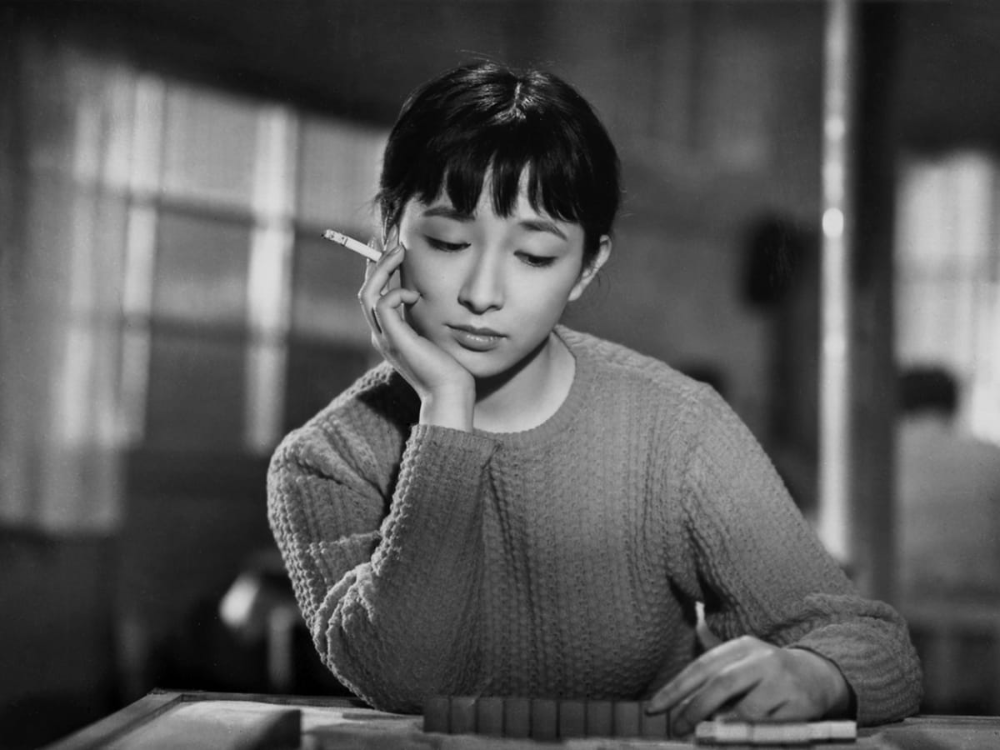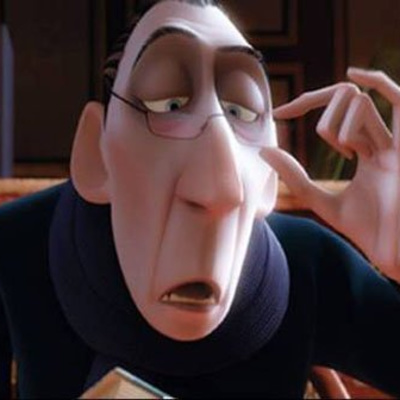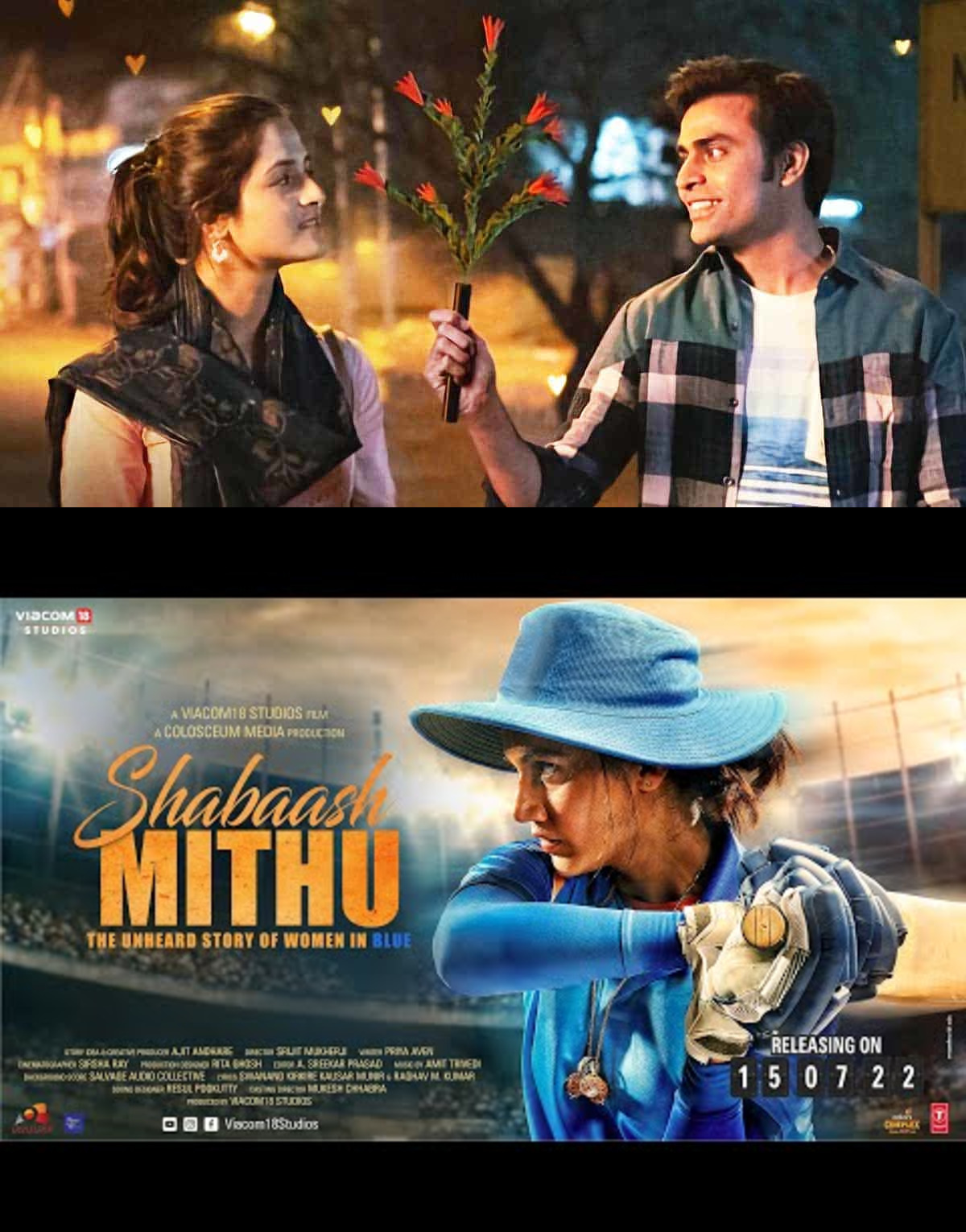By Rahul Desai
These are strange times for film critics. No weekly press shows in cinema halls, just password-protected screeners that are very difficult to complete in one sitting because of the distractions of being at home. I don’t remember the last time I finished a series/film without pausing for water, food, phone calls or just restlessness.
Given that there’s now more time to scroll through our social media feeds, I’ve noticed that more people are taking to Facebook to express their feelings about the latest films and shows. Long status messages, passionate, angry, insightful, coherent, incoherent rants – everyone’s a critic, and why not? If films are an escape, writing about films is a release at a time when real human interaction and conversations are at a premium. You don’t have to be paid to write what you think of. I read some of these posts, I skip others. I also wonder why I never did the same thing when I was an aspiring critic 7-8 years ago. Maybe it didn’t feel “official” enough – also, social media was a different beast back then. Not everyone cared to elaborate in 140 and 280 characters. Not everyone idolised critics and film journalists.
But I noticed a strange thing this week. This need to be accepted/validated/read/understood is forcing some young cinephiles to blur the line between “inspired” and inspired. In an age where art is called “content” and watching/reading is called “consumption,” a few young minds are succumbing – even at an amateur level – to the pressures of creation. Usually, it can be a huge but muted scandal when a professional critic plagiarises other work: Organisations are known to fire such folks with immediate effect or, at the least, demand a resignation from them. A single incident can tarnish the reputation of a journalist and ruin his/her career. But the social media universe, where users routinely post their thoughts about the latest release, is largely exempt from such rules. There is no code of conduct or ethicality that governs the use of private platforms. As a result, it’s common for regular non-writer users to freely borrow passages and words and thoughts from published articles and post them as their own.
Without naming and shaming, I came across one such person on my Facebook timeline. I’ve noticed him earlier – he’s got a good meme game going, he’s young, funny, a prolific movie-watcher, but as is the millennial norm, everything he posts is aimed at garnering attention. Which is fine on its own: I’m nobody to tell someone how they ought to use their social platforms. I also noticed that a few months ago, he wrote a long apologetic post about how he has been copy+pasting portions of different published reviews and passing them off as his own on his Facebook wall after every new Hindi film release. Apparently he was coerced into an apology by an eagle-eyed fellow film-club member. Many praised his “courage” for admitting to his misdoings. He shed some tears. And it was forgotten.
But it was never difficult to recognise a pattern – his “sms”-style lingo always revealed that English was never his first language. I understand that it’s not easy for everyone to express themselves eloquently on platforms, but this gives them no excuse to plagiarise the work of professional reviewers. Nobody can sue them because it’s all very informal. His latest post, on Anurag Kashyap’s Choked, seemed to be unusually smooth – no grammatical errors, no struggles, clear and clean writing. I did a quick Google search for some phrases and my fears were confirmed: The young man had continued his bad habit of copy+pasting other’s work , while his friends and readers were none the wiser, some even going on to praise his “review”. He had borrowed entire passages, verbatim, from various reviews and merged them into one post – one of them was more mainstream (The Telegraph), the others were from lesser-known websites. I scrolled through his timeline and discovered that he had been doing it for a while, despite apologising for the same not too long ago. A compulsive cheat.
I wasn’t angry, because a kid trying to impress his peers on Facebook is not as harmful as adults resorting to plagiarism in order to meet deadlines. But “cheating” is not an activity of scale – big or small, it’s still as worrying, especially when it comes from passionate and impressionable young minds who seem to think this is O.K. They seem to think they’ll get away, because they aren’t being “published” per se. But I was slightly deflated. It’s a terrible precedent, and people seem to be turning a blind eye to it. This, of course, is the indirect result of watching so many big-budget films and filmmakers preying on little-known writers and stealing their work, while the writers are left crying hoarse to a media ecosystem who favours those in power. The recent short film, Devi, starring Kajol, was one such example. It was clearly “inspired” by a little-known film-school project, but the makers seem to have gotten away. It was reported, but that’s about it.
There have been other more high-profile examples, where neither the FWA or the courts of justice have been able to bring the powerful to their knees. Most artists in Indian cinema have borrowed in broad daylight, some consciously and some sub-consciously, while their fans have dismissed the victims as publicity-hungry minnows. It has always been a trend, albeit one without hashtags. If you expose any one of them as a journalist, they threaten to sue the publication and cut off all contact/coverage. This influences ordinary movie-watchers to do the same, in lesser degrees. I, of course, called the young man out on his Facebook post, posted the links to the original sources – and in a minute, it was all deleted. He panicked. He then posted four lines as an “opinion” on the film – the only four incoherent and badly-written lines that were his in that long post. He just had to have his say, irrespective of how. It felt like an addiction to be heard, seen, known. He might lay low for a while, and get back to his dishonest ways. Why not? It’s only Facebook. Nobody is looking. Nobody wants to look.









Leave A Comment
You must be logged in to post a comment.